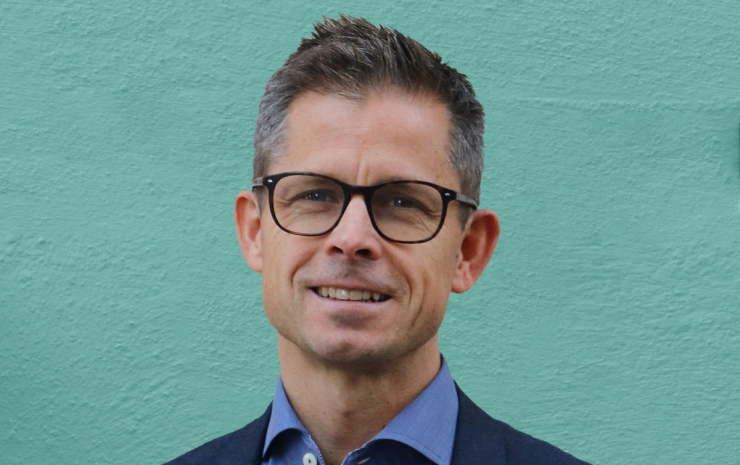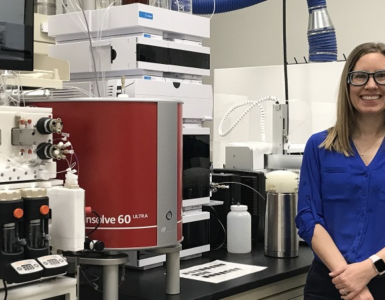myFC – fuel cell technology is tested in RISE project – focus on drivelines for smaller electric vehicles.
The purpose of the project is to develop various electric drivelines with a minimal need for charging infrastructure. According to Sebastian Weber, the project fits the company well in several ways.
Electric vehicles that are powered by a combination of fuel cells and batteries have a very high operating time, up to 99.5 percent.
Sebastian Weber.
🔥 What about we co-host a webinar? Let's educate, captivate, and convert the hydrogen economy!
Hydrogen Central is the global go-to online magazine for the hydrogen economy, we can help you host impactful webinars that become a global reference on your topic and are an evergreen source of leads. Click here to request more details
The batteries are then kept constantly at an optimal charge level. This means that you get a minimal need for charging infrastructure, and the filling of hydrogen is a very fast process, it is done in just a few minutes.
In the case of a taxi pod for exampel, a vehicle that should be able to run for as many hours as possible during the day, there will be decisive benefits. If the vehicle can be out and rolling a larger part of the time, the need for parking spaces will be less, something that is especially costly in big cities where taxi pods have their biggest merits.
“Cost efficiency is part of the conditions we will work with in the project”, says Sebastian Weber.
Another thing that makes myFC’s malleable and scalable LAMINA ™ technology well suited for the purpose is the ability to adapt it to applications with small spaces. It distinguishes the company’s fuel cells in a decisive way from the stacked, more clumsy and space-consuming fuel cells that are common on the market.
“We also see that the supply of sustainably produced hydrogen is increasing at a rapid pace. At a time when we see major limitations in the infrastructure for electrical energy, it means a positive opportunity to relieve the electricity grid with the help of locally located hydrolysers for the production of green hydrogen gas”, he says.
The other participating companies have different specializations. Clean Motion is a company with a focus on the mobility of the future, which among other things manufactures the three-wheeled electric vehicle Zbee and the delivery vehicle Re: volt.
For Micropower, the focus is on the production of solutions for charging batteries and power supply, as well as modular lithium-ion batteries. Bevi is a producer of electric drive systems and power production that has been manufacturing electric motors since the early 1930s.
In the project, the companies will develop a fuel cell-powered driveline that is optimized for smaller vehicles as well as an electrified driveline, a solar cell body for testing energy autonomy with connection to battery storage and a tailor-made electric motor without permanent magnets.
The project is funded by the Swedish Energy Agency (Energimyndigheten). It starts at the beginning of 2022 and lasts until the end of 2023.
This disclosure contains information that myFC is obliged to make public pursuant to the EU Market Abuse Regulation (EU nr 596/2014). The information was submitted for publication, through the agency of the contact person, on 23-12-2021 07:55 CET.
Highlights:
- myFC participates in an innovation project that starts in early 2022, with RISE (Research Institute of Sweden) as project owner. The project will be executed together with three other companies –
- Clean Motion, Bevi and Micropower – and aims to develop powertrains for softmobility vehicles such as taxi pods and other, similar applications.
- Softmobility is one of our priority segments and the project means that we can test and demonstrate the possibilities with our technology in a highly interesting area, says Sebastian Weber, CTO at myFC.
myFC’s technology is being tested in RISE-project – focus on drivelines for smaller electric vehicles, December 23, 2021








